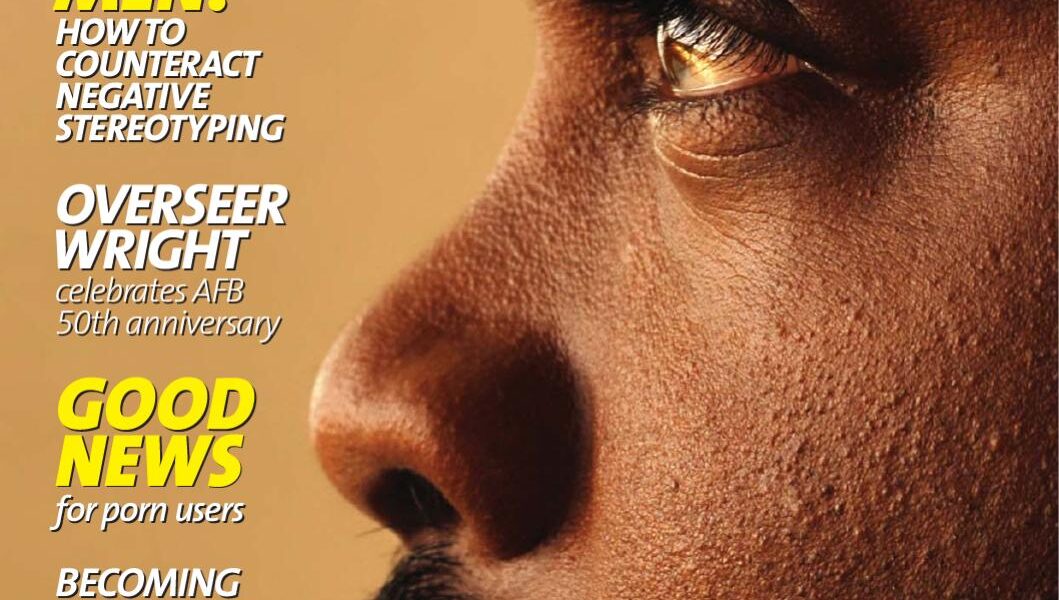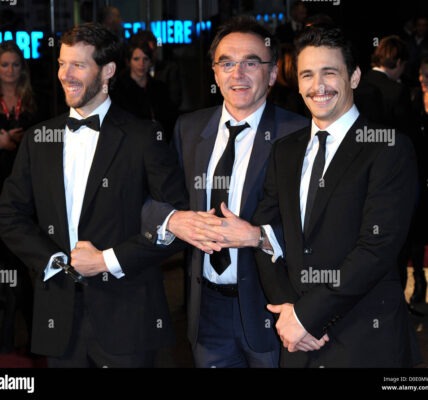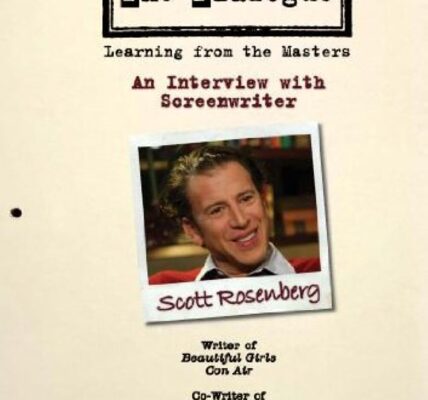Keeping the Faith – Cover Feature, Issue 15
No. Of course not.
Even if we were starving?
We’re starving now.
You said we weren’t.
I said we weren’t dying. I didn’t say we weren’t starving.
But we wouldn’t?
No. We wouldn’t.
No matter what?
No. No matter what.
Because we’re the good guys?
Yes.
And we’re carrying the fire?
And we’re carrying the fire. Yes.
Okay.
The sparse efficacy of these words spoken between a man and a boy as they scuttle across the Godless landscape of Cormac McCarthy’s The Road aptly reflects the brittle nature of their post-apocalyptic setting. As compelling as it is, The Road is a painful read. McCarthy doesn’t puff up your cushions and pour you a nice warm cup of cocoa; it’s not a page tuner in the sense of eagerly anticipating what comes next. But the pages do turn, and McCarthy’s prose gingerly ekes its way into your psyche and under your skin. This new world is so fragile, so fraught, so believable that there is never the thought that you can simply close the book and stop reading. It is also a novel that screams out for cinematic interpretation, yet forewarns the difficulty of the task. Even the man charged with the undertaking, Australian director John Hillcoat, was wary of transposing the tenor of McCarthy’s singular voice onto the screen. “That’s something you can’t mess with, the poetry of language,” Hillcoat explains. “We did certainly try to get some kind of lyrical quality in the filmmaking, but inevitably it will always be different. Words are such an internal headspace. I’m always amazed at the physicality of filmmaking; bearing witness to everything.”
The writer whose job it was to bear witness to McCarthy’s headspace was British playwright and screenwriter Joe Penhall. No stranger to the challenges of bringing works of fiction to the screen— he adapted Ian McEwan’s Enduring Love and is currently working on a Patricia Highsmith novel, Deep Water—Penhall is unequivocal about the reasons for taking on such a project. “Adapting is worth doing if you’re going to learn something,” he muses. “But there are people who specialise in adapting, and they’re probably dead from the neck up as writers. It just so happens that I’ve been offered some extraordinary [projects]. With The Road, I learnt that sometimes you shouldn’t pussyfoot around when it comes to our relationship with reality, and characters’ relationship with reality. Sometimes violence is brutally violent, and that’s the way to write it.”
The book certainly has its fair share of brutality, but at its core is a love story between a father and son, plain and simple; one that resonates in spite of—and to some extent because of—the spectacle of horror that surrounds them. It was this very human aspect to the story that initially sparked Hillcoat’s interest. “Yeah, it’s that love story,” he reveals. “I found it incredibly affecting, and it profoundly re-evaluated my thoughts about what’s important in life. It’s the contrast of that too; the way Cormac is so unflinching with how easily we can slide into our more base nature. We build up the artifice of civilisation but it’s just so close, one step behind.”
Penhall, too, was drawn to the honesty of this relationship rather than the delirium of the situation. “The final scene between the father and son is so incredibly real. For me it says much more about fathers and sons than about global meltdown. But it also says a lot about human nature, and it’s the decisiveness of what he says that’s so exciting. He says that the worst of human nature and the best of human nature will be present and correct.”
To find out more about how Joe Penhall adapted The Road from McCarthy’s novel, subscribe to the print or digital edition.











